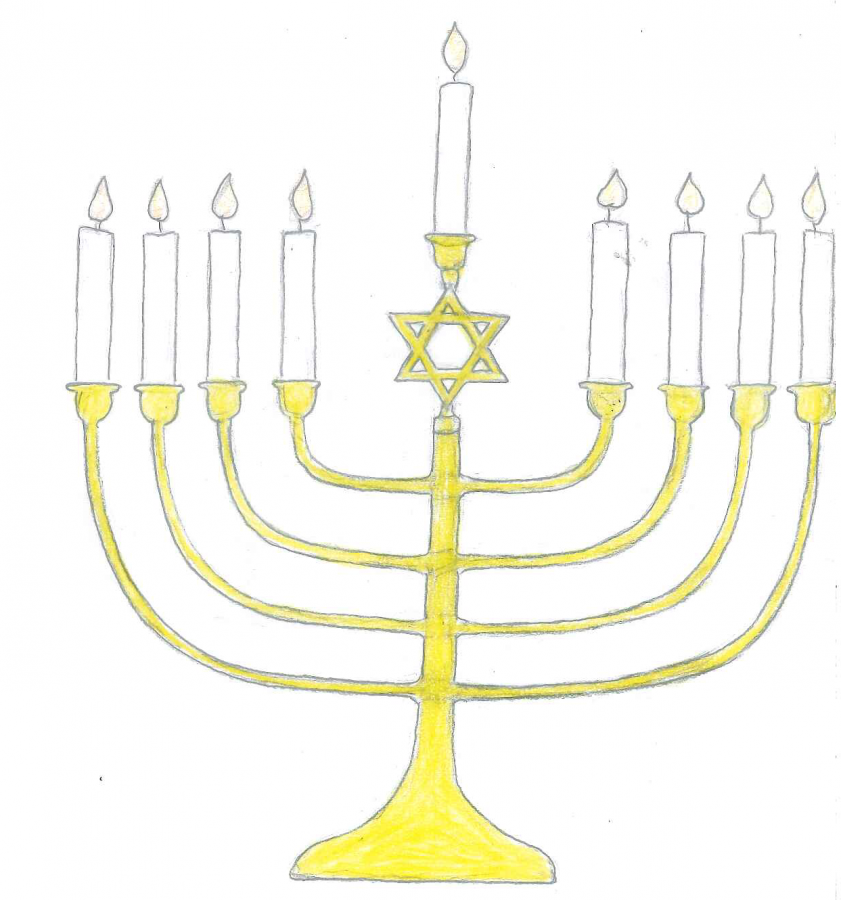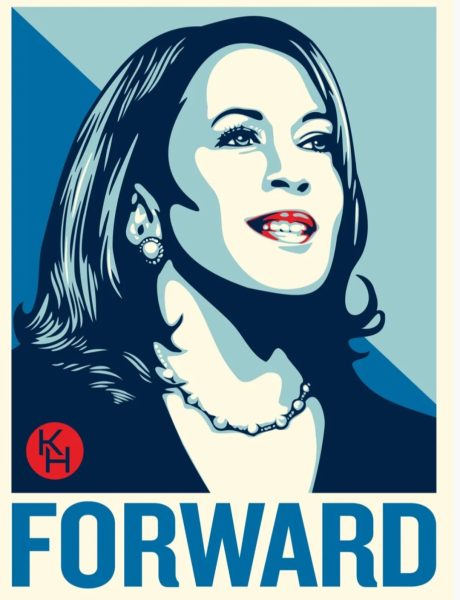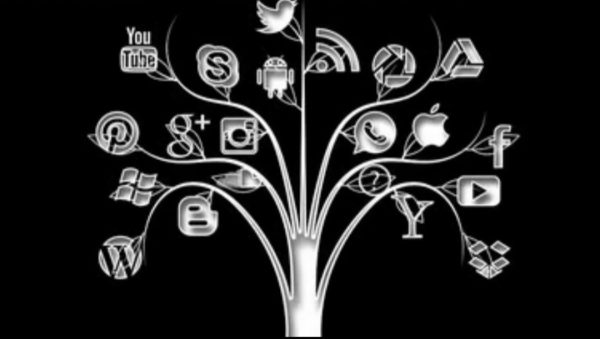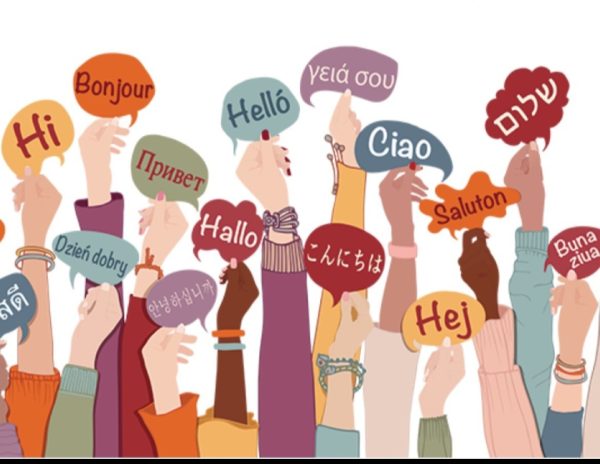Christmas, through the eyes of Jewish people
Christmas is a joyous time for many people around the world. Kids wake their parents up early in the morning to open their presents. “New shoes? Thanks mom! An iPhone XR? You’re the best dad!” Those who celebrate the holiday always look forward to having a great time on Xmas.
But what about people who don’t celebrate Christmas, like the Jewish people?
“It just seems like any other day, “ said junior Hannah Weber. “For me, nothing exciting happens. I usually lounge around the house like it’s a normal weekend.”
People who don’t celebrate Christmas usually have their own tradition. My family and I go out to eat Chinese food and see a movie. To me, Christmas is the day of lo mein—my favorite Chinese food dish.
For sophomore Nate Shochat, his Christmas day is different. “I have a friend who celebrates Christmas. I go to his house and eat a big dinner with his family. After, I watch them open their presents.” Shochat loves Christmas, despite the fact that he doesn’t celebrate it. “I like seeing the pure happiness on a child’s face when they open their Christmas gifts.”
Christmas, even with all of its fun and enjoyment, can also make people who don’t celebrate it feel left out. Christmas makes me feel that way a little. Hanukkah is awesome, but it never seems like it gets the recognition that Christmas does. Christmas gets loads of songs and movies, which makes the holiday appear more important. Hanukkah only gets “Dreidel, Dreidel, Dreidel” and Adam Sandler’s “The Hanukkah Song.” Sometimes I feel like Hanukkah is overshadowed by the vastness of Christmas. Even if Hanukkah has eight nights, it seems that people put December 25th on a higher platform every year.
Sophomore MacKenzie Bralow feels the same way. “When I was younger in elementary school, I definitely felt very left out. Especially when we had our holiday parties before winter break. Even though we were told it wasn’t a Christmas party, we would still play Christmas themed games, watch Christmas movies, and make Christmas crafts,” Bralow said.
People compare Christmas and Hanukkah often, but that shouldn’t happen. Both holidays should be recognized for their greatness and for the time spent with family.
“People who don’t celebrate Christmas could gather as a community and do all kinds of fun activities so they don’t feel left out,” recommends Bralow.
Shochat sums it up perfectly, “ I feel like people should believe in what they want to. If they feel their family should have a party under a fancy tree – so be it. But these two types of people should not be seperate. We are all human and believe in different things. If you have a Christmas party, invite a Jew or someone from a different religion and vice versa.”







